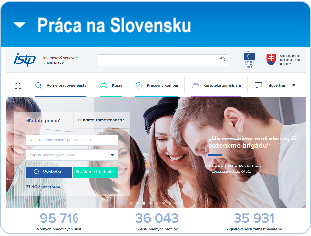Slovak News Back to the news
SDKU Wants to Introduce "New Political Culture"
Tuesday 16 March 2010 Zoom in | Print page
Bratislava, March 16 (TASR) - The strongest opposition party SDKU-DS is planning to enter the June 12 general election campaign with an agenda of introducing what they call "a new political culture", the party's election leader Iveta Radicova told journalists on Tuesday.
In the campaign, SDKU-DS wants to focus on three areas that they have highlighted as the most important for Slovakia at the moment: firstly, economic growth and employment; secondly, improvement of the quality of life, with an emphasis on the middle class and families with children; and thirdly, restoration of justice and trust in authorities and politicians.
Radicova informed that her party's election programme, which contains 140 proposed solutions to various issues across all policy areas, will officially be presented on March 27. "These solutions are divided into two parts," she said. One part includes those to be seeded over the first 100 days in power (i.e. urgent issues), while the other group of solutions is aimed at problems to be tackled throughout the whole term in office (four years in Slovakia, unless the Government falls – as happened in 1994 and 2006).
"We find the main objectives defined in our programme to be demanding, but manageable," added SDKU-DS vice-chairman Ivan Miklos. "Demanding in that we want to carry our solutions without raising taxes ... and at the same time we want to – and have to – consolidate public finances, and stop Slovakia's growing indebtedness," he explained.
Radicova disclosed that SDKU-DS has taken a loan worth €1.3 million from a Slovak bank to cover its campaign expenses. She called on political parties entering the election arena to make sure that the overall campaign is about programme competition and the solutions that the participating parties are offering.
All rights reserved. Any publishing or further dissemination of press releases and photographs from TASR's resources without TASR's prior written approval constitutes a violation of the Copyrights Act.












